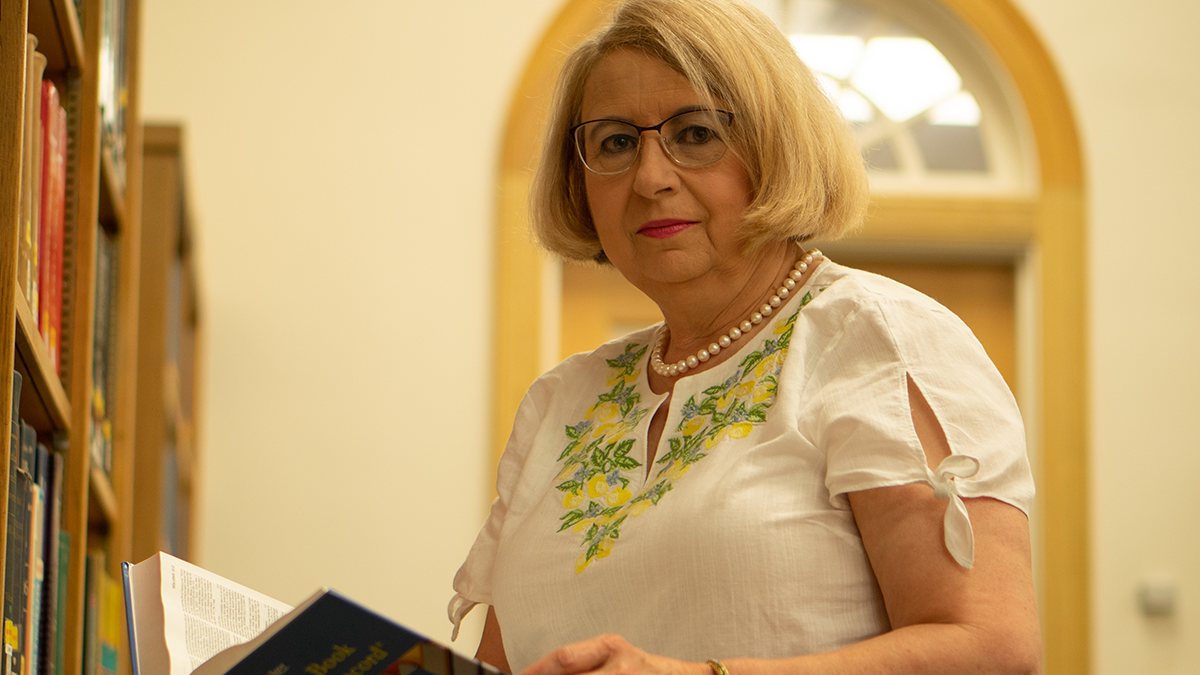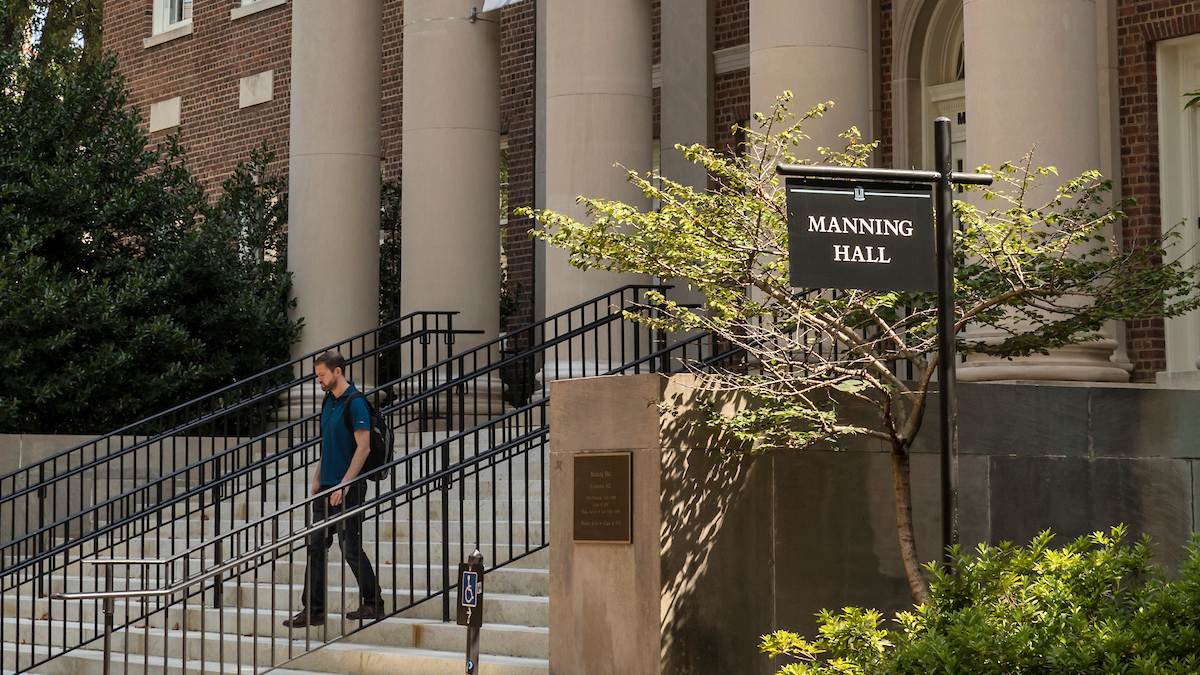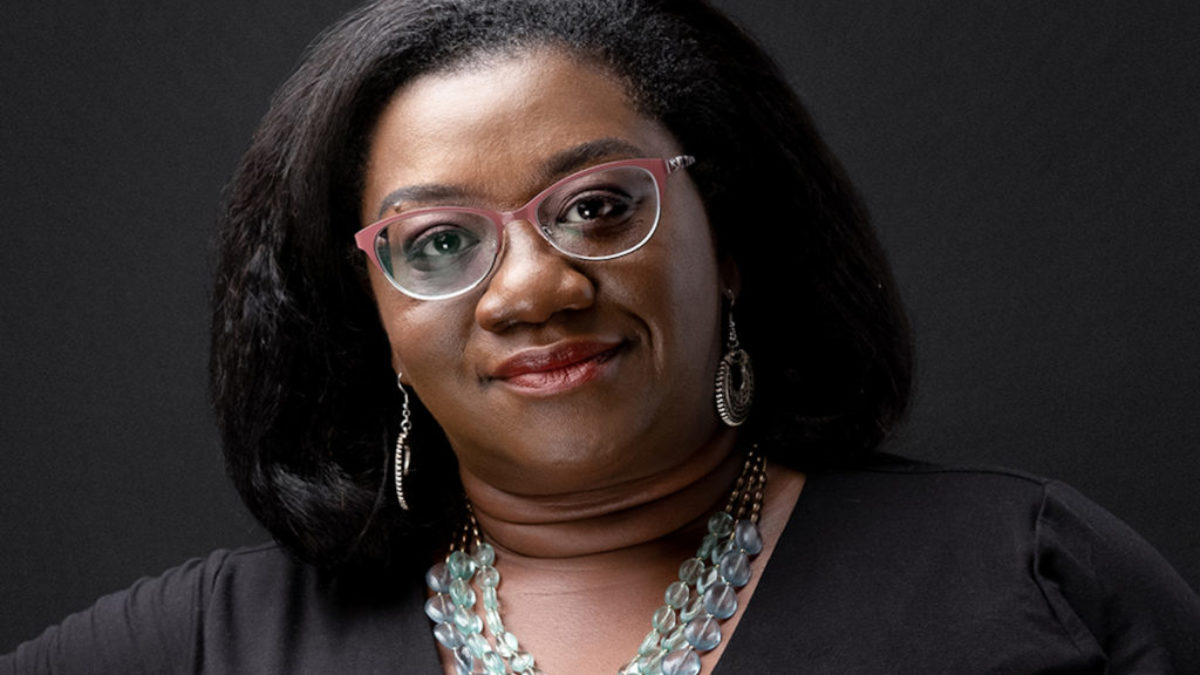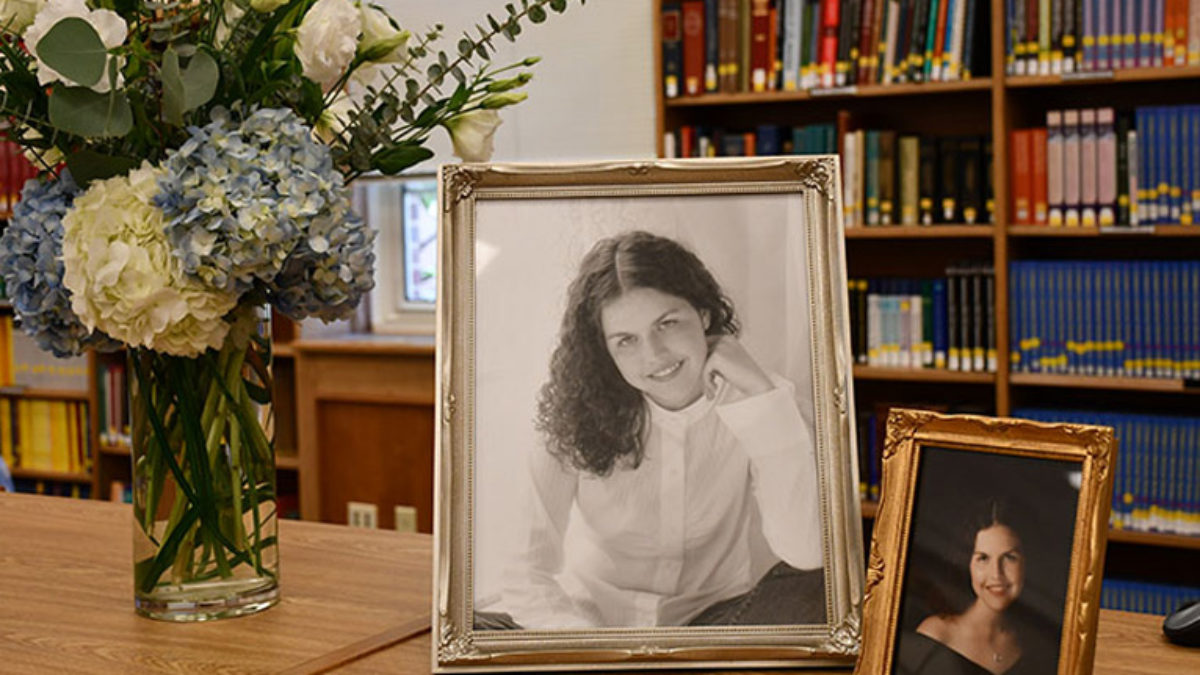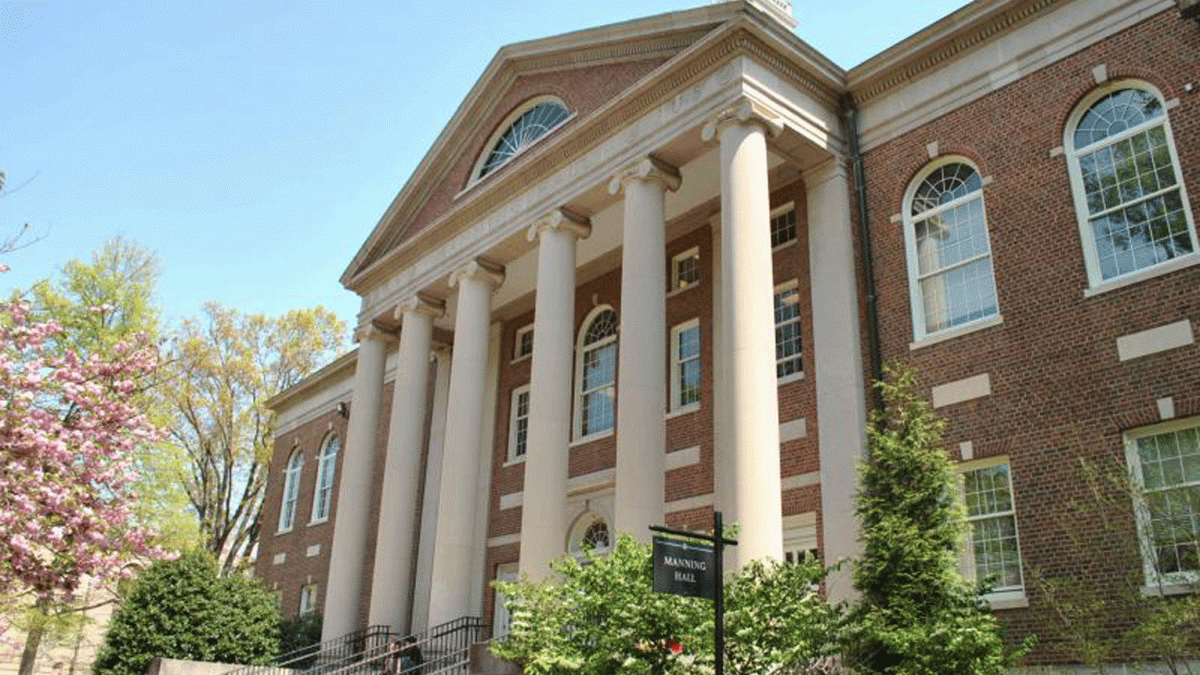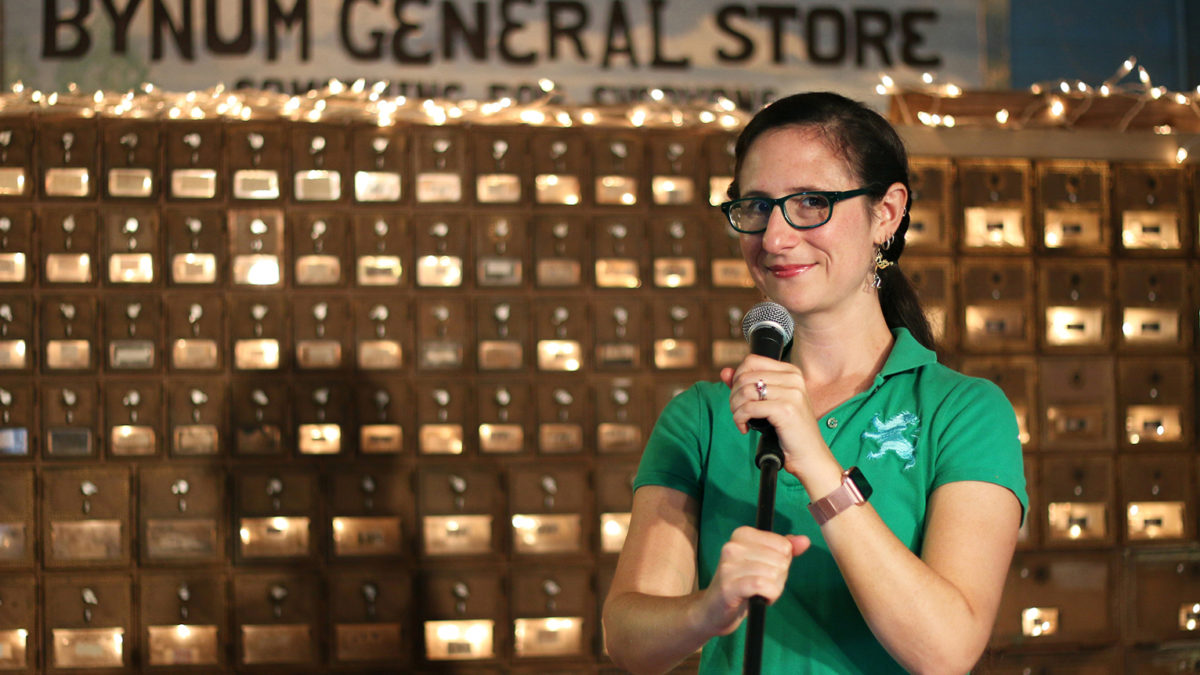Creating more equitable makerspaces
How the structure of makerspaces encourages or inhibits participation
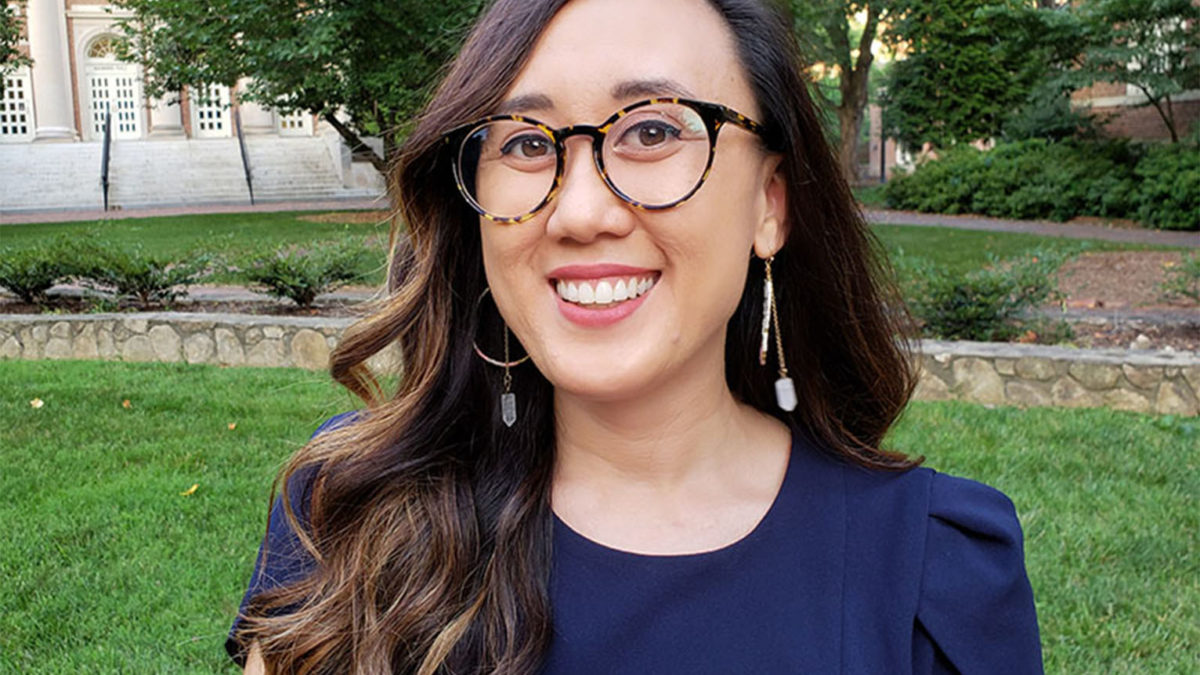
How the structure of makerspaces encourages or inhibits participation
Maggie MeloOpens in new window, assistant professor at theUNC School of Information and Library ScienceOpens in new window, has been awarded $715,000 in funding from the National Science Foundation (NSF) to study how the physical and affective characteristics of makerspaces encourage or inhibit participation by students from marginalized communities.
According to Melo’s grant proposal, as makerspaces have grown in popularity and importance at universities across the U.S., educators have struggled to attract users from marginalized undergraduate communities, particularly Black, Indigenous and People of Color (BIPOC).
Melo will be working closely withCarolina’s BeAMOpens in new window, a network of makerspaces that serves approximately 4,000 students during the academic year. Through this partnership, Melo will re-design the training curricula for staff members with attention to equity and inclusion. She and the BeAM team will also pilot a re-designed makerspace that embodies key findings from the research program.
